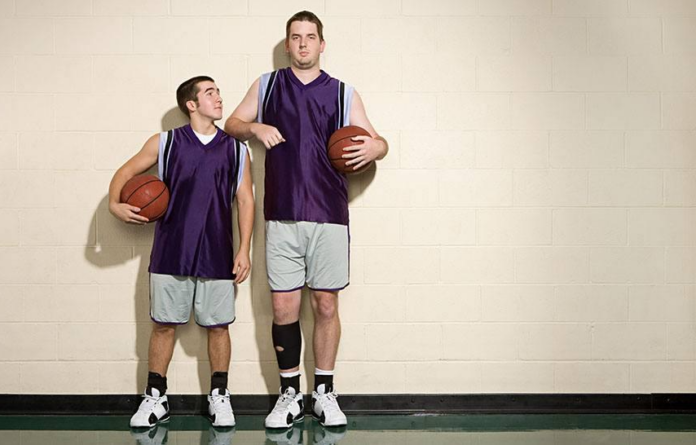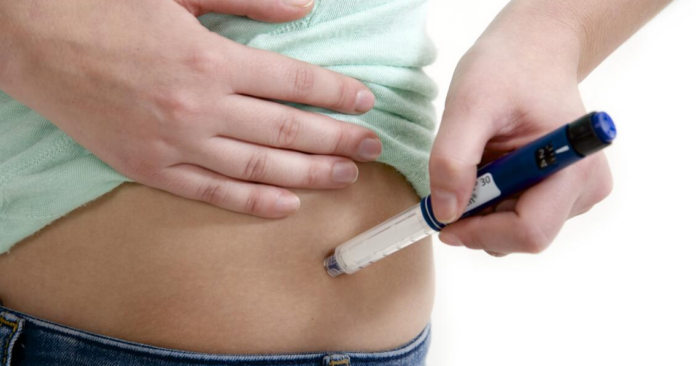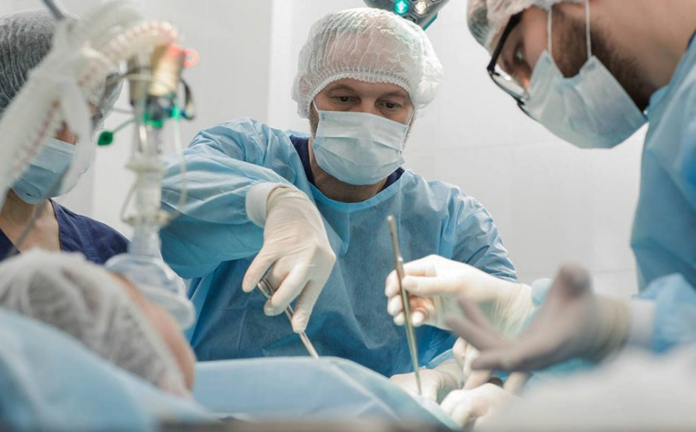Growth hormone is necessary for both children and adults. When growth hormone levels are low, both physical and mental growth suffer. It causes poor and delayed growth in children, as well as a decreased sense of wellbeing in adults, an increased risk of heart disease, as well as unhealthy weight gain, and weak bones and muscles.
A lack of growth hormone causes abnormally sluggish growth and small stature with normal proportions.
Pituitary hormone levels are measured, and CT or MRI scans are used to look for structural pituitary irregularities or brain malignancies. Treatment usually entails hormone therapy or the removal of the tumor that caused the problem. Read on to find out more about the treatment of growth hormone deficiency.
What Is Growth Hormone Deficiency?

Growth hormone deficiency (GHD) is a disorder caused by the body’s inability to produce enough growth hormone. GHD children are short in stature yet have acceptable body proportions. GHD can appear at birth or develop later in life. When the pituitary gland produces insufficient growth hormone, the disease develops. Genetic problems, severe brain injury, or being born without a pituitary gland can all cause it. In rare situations, no apparent cause has been established.
Symptoms of Growth Hormone Deficiency
GHD children are shorter and have rounder faces than their peers. If GHD occurs later in life, such as a result of a brain injury or tumor, the most common sign is delayed puberty. Sexual development can be suppressed in some cases. Due to developmental abnormalities like short stature or a sluggish rate of maturation, many teenagers with GHD have low self-esteem. AGHD can also cause a decrease in bone strength. Fractures may become more common as a result of this, particularly among the elderly. Low amounts of growth hormone can make a person fatigued and weak. They may be sensitive to extremes of heat and cold.
Is Growth Hormone Deficiency Treatable?
Several years of daily growth hormone injections are required for treatment. The child must be examined by the doctor on a regular basis during this period to confirm that the treatment is effective and that the dosage is correct. Children at a certain age can learn to administer the shot themselves.
The sooner the deficiency is treated, the more likely the child is to reach near-normal adult height. Patients often gain four inches or more in the first year of treatment and three inches or more in the following two years. After that, growth resumes but at a slower pace.
If left untreated, the illness might result in delayed puberty, persistent small stature, and other metabolic problems.
Growth Hormone Injections

The purpose of using recombinant human growth hormone (rHGH) injections to treat children is to replace the missing growth hormone and help with growth, maturation, and metabolism. In most cases, these injections are given at home once a day. Your medical team will work with you and your kid to teach you and your child how to give the treatment.
The pediatric endocrinologist will decide on your child’s initial dose. Your doctor will try to determine the smallest dose that can increase your child’s height and growth rate. The dosage will also be determined by the severity of your child’s lack of growth hormones. Some kids have low growth hormone levels released by the pituitary gland, while others have none.
Your healthcare practitioner will alter the dose as needed once your child begins rHGH injections. If your child is tolerating the injections well and experiencing no side effects, your doctor may suggest increasing the dose to promote a quicker growth rate and a taller final height. During treatment, this is normally assessed every six to twelve months.
Your child’s insulin-like growth factor-I level may be monitored during treatment by your healthcare professional (IGF-I). Because growth hormone increases the production of IGF-I in human bodies, an increase in this component indicates that your child’s body is responding to the growth hormone injections. A low IGF-I level during treatment could indicate that your child has an underlying disease that is causing the hormone shortage. It’s also possible that your youngster isn’t getting all of their shots.
If the treatment doesn’t result in increased height and growth, your doctor may order more testing to figure out why. The growth hormone injections will most likely be discontinued after 6 to 12 months of no or minimal progress.
Medications For Growth Hormone Deficiency
While there are currently no approved medicines for treating growth hormone deficiency, one is being investigated. Long-acting growth hormone molecules are being developed by a number of pharmaceutical companies. This medication could be administered less frequently than HGH injections on a daily basis.
To find out more about the hgh therapy benefits, visit https://hghtherapydoctor.us/hgh-therapy-benefits/
Long-acting growth hormones might be given once a week, twice a week, or even once a month. This could help patients achieve better results by making treatment more comfortable and regular. The long-term efficacy and safety of the drug are still being investigated. Discuss any new therapy options with your doctor, as well as the possibility of enrolling your kid in a research study.
Surgical Options

The Pituitary gland, which is located in the brain, produces growth hormones. As a result, surgery to remove a pituitary tumor may be required for treatment. If the tumor removal is not done safely, the patient may need radiation therapy as well. People who are unable to be treated with therapy since it does not work for every afflicted individual may benefit from support groups and counseling to help them cope with their deficiency and low self-esteem.
Conclusion
Growth hormone deficiency requires long-term treatment, which can take several years. Injections of rHGH once a day are usually enough to boost your child’s growth rate. It’s important to note that determining your child’s proper dosage takes time.
Pain and redness at the injection sites are the most prevalent side effects, but they are unusual. Consider obtaining help from a support group or a mental health provider because regular injections can be exhausting for both you and your child.






